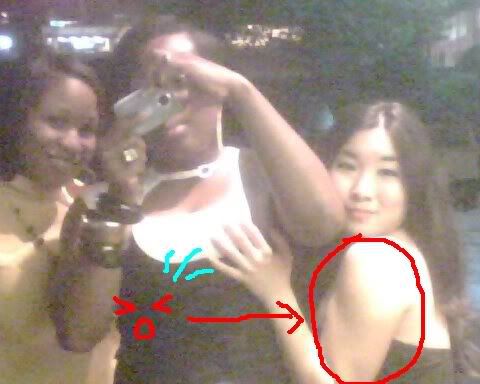Originally posted by pangloss
+++
With the advent of modern life and its global connections, as well as methods of mass mechanical (re-)production, comes an era in which art—or forms thereof—is widely and subtly disseminated without much pause or consideration on the viewer’s or recipient’s part. Many such works can be seen as and termed “occasions of art,” despite their popular reception—films, music, advertisements, even graffiti can all be considered for their artistic content. One such “occasion of art” is the popular film trilogy of The Matrix; as a work of art, it clearly discloses a world that is open to interpretation and discussion while simultaneously commenting on the world in which it exists. While disclosing the world of the “matrix,” the films utilize and discard elements from Baudrillard’s Simulacra and Simulation; they examine the post-modern question of the existence of an individual; and they utilize music that successfully give an added depth to the audience’s experience, despite the predominance of regressive listening habits.
Baudrillard’s Simulacra and Simulation is without question a source of inspiration for the trilogy. Both the title and a chapter—“On Nihilism”—appear within the movie as Neo, still living partly as Thomas Anderson within the matrix, scrambles to deliver a disk of undoubtedly illegal status to Choi. Furthermore, the actor Keanu Reeves was required to read Baudrillard’s book in preparation for his role in the films. According to David Detmer, however, the film only partially implements Baudrillard’s ideas, twisting other aspects of French theorist in a more believable and successful manner. While Baudrillard argues that the existence of truth, of a real world, has been replaced by “simulacra” and “simulation,” the films present a very explicit dichotomy between a world of illusion (the matrix) and a real world. While it is true that within the matrix illusions replace and substitute true, experiential phenomena, once a person is “unplugged,” all illusion vanishes and he or she directly interacts—with real, physical activity and sensation, as opposed to computerized programs of sensation—with the real world. Neo, once unplugged, experiences the unfortunate sensation of eating what can be compared to “runny eggs” or a “bowl of snot,” but his experience is real, unlike Cypher’s enjoyment of “juicy and delicious”—and nonexistent—steak in the previous scene.





Comment